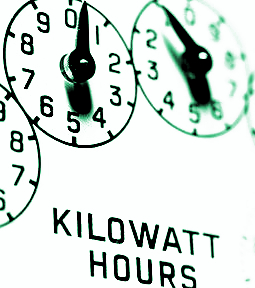Fossil fuel cap coming
 State and federal governments have agreed to cap coal and gas prices.
State and federal governments have agreed to cap coal and gas prices.
At last week’s national cabinet meeting, governments agreed to cap gas prices temporarily at $12 per gigajoule and cap coal prices at $125 per tonne, with Parliament to be recalled this week to implement the change.
The Albanese government will spend $1.5 billion on consumer rebates for people on federal government payments, co-funded with state governments, to deliver power bill savings worth hundreds of dollars next year.
The rebates will be applied directly to power bills, with people on income support, pensioners, holders of a seniors health card, recipients of the family tax benefit and small businesses eligible for the relief.
The new temporary price caps are expected to see retail electricity prices increase by an estimated 23 per cent rather than the 36 per cent rise anticipated in the absence of intervention. Gas prices are set to increase by 18 per cent this year and 4 per cent next year, with the price caps set to remain in place for 12 months.
The intervention was triggered by a forecast in the October budget of a 56 per cent increase in power prices by the end of 2023, about 20 per cent of which is already flowing through the system.
Australia’s main gas lobby, the Australian Petroleum Production and Exploration Association (APPEA), has described it as a “radical” intervention, and slammed the price cap for damaging investor confidence and curbing future supplies.
“Less gas will ultimately mean higher prices while threatening Australia’s energy security, our emissions reductions goals and the enormous economic benefits that the industry delivers for Australians,” APPEA chief Samantha McCulloch said.
“With this decision the government has not given the heads of agreement with east coast exporters and the Australian gas industry code of conduct - both announced only 71 days ago - a chance to work,” she said.
Treasury modelling suggests the average household will be $230 better off.








 Print
Print